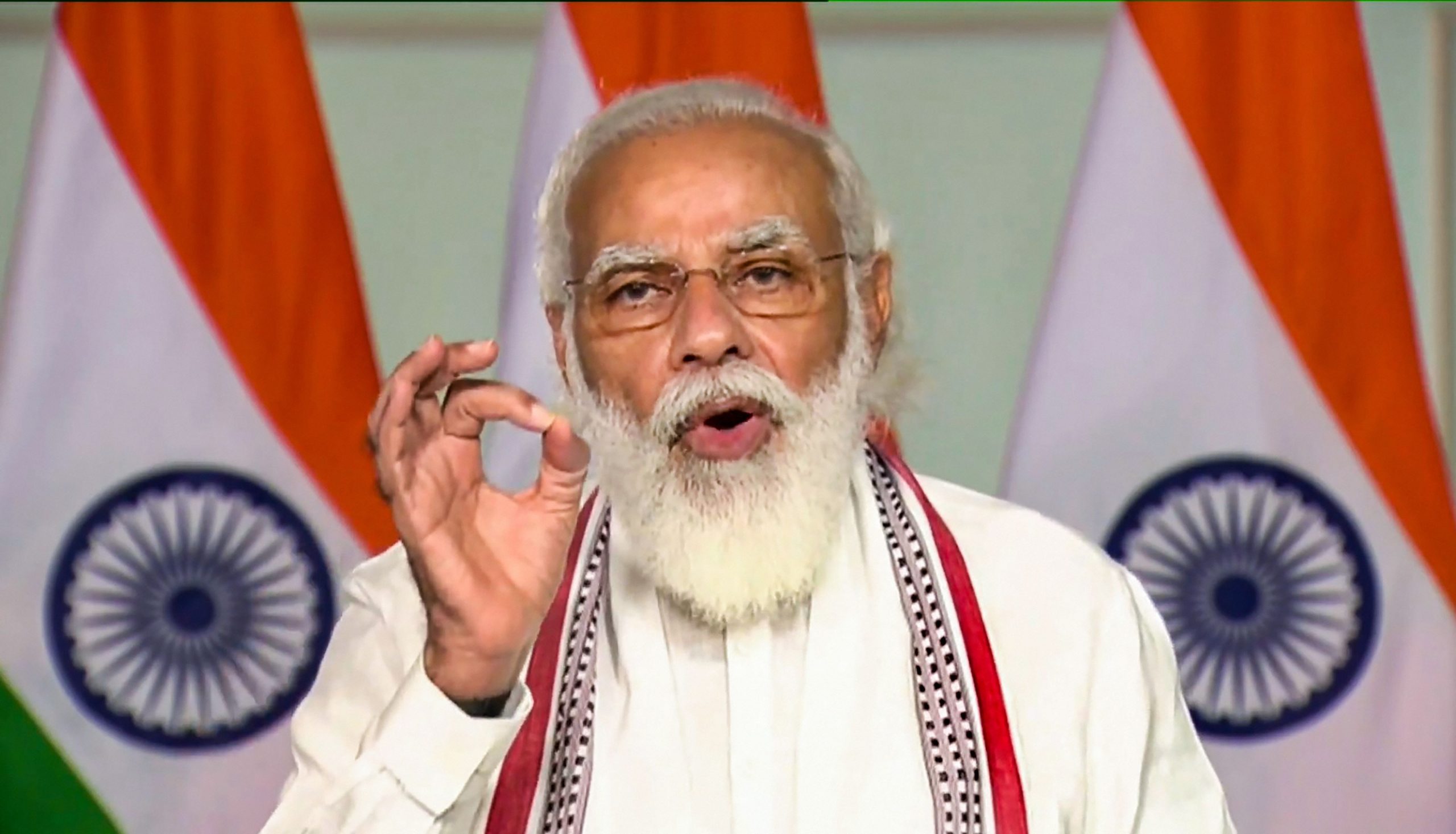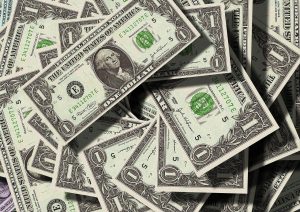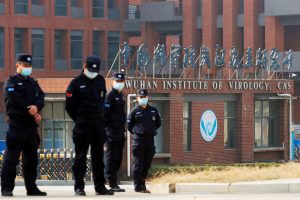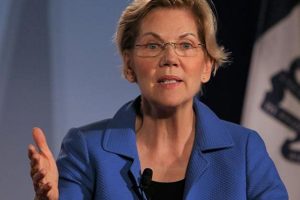Prime Minister Narendra Modi on Thursday said India’s economy is getting back on track faster than expected as a timely lockdown and several relief measures announced by the government helped address issues faced by all sections of society and all economic sectors due to the COVID-19 pandemic.
PM Modi said he is confident that the target of making India a USD 5-trillion economy will be achieved by 2024, adding that the crisis gave the government an opportunity to carry out reforms that were waiting to happen for decades but no initiatives were taken earlier.
Also read: ‘Did you fry pakora,’ Rahul Gandhi takes jibe at PM Modi over unemployment
On the USD 5-trillion target for the Indian economy by 2024, he said, “Our government has a track record of meeting our targets.” “We met the rural sanitation target before the deadline, we met the village electrification target before the deadline, we met the 8 crore Ujjwala connections target too well before the deadline. So, going by our track record and continuing reforms, people also have confidence in our abilities to reach the target.”
According to a PTI report, Modi in an interview said, “Reforms across sectors such as coal, agriculture, labour, defence, civil aviation and so on have been undertaken which will help us get back on the high growth path that we were on before the crisis.”
Regarding the COVID-19 vaccine, he said every Indian will be vaccinated as soon as a vaccine becomes available, although the initial focus would be on protecting the most vulnerable and the frontline workers.
He emphasised on precautions such as wearing masks, hand washing and social distancing and reiterated that there should be no room for complacency in fighting the deadly virus.
According to him, the government in the very beginning decided to be proactive and introduced a timely nationwide lockdown. He said, “We not only got the broad timing of various phases of lockdown right, we also got the unlock process right and much of our economy is also coming back on track. The data for August and September indicates that.”
He said that the countries, which were earlier successful in containing the virus are now reporting a resurgence. He said, “The geographical spread of India, population density, the regular social gatherings must be kept in mind when we look at these numbers and seek to compare with others. Many of our states are larger than countries.”
Modi said India’s response in tackling the crisis has been focused on increasing capabilities to handle the situation, making people more aware, creating more facilities etc in keeping with the dictum ‘Hope for the best but prepare for the worst’.
Asked about plans for further stimulus for the economy, he said, “We will take all measures needed to constantly stimulate the economy in a timely manner while ensuring overall macro-economic stability.
“Remember, we are still not over with the pandemic. Yet, our economy has shown a remarkable capability to bounce back, largely because of the resilience of our people.
“This is something that is not captured in these numbers but is the reason behind those numbers. The shop-owner, the trader, the person running an MSME, the person working on the factory floor, the entrepreneur, all these are the heroes responsible for the strong market sentiment and revival of the economy,” he said.
Modi further said India has not started speaking about manufacturing only after the pandemic and the work has been continuing on increasing manufacturing for some time now.
“India is, after all, a young country with a skilled workforce. But India doesn’t believe in gaining from the loss of others. India will become a global manufacturing hub on its own strengths.
“Our effort is not to become some country’s alternative, but to become a country which offers unique opportunities. We want to see the progress of all. If India progresses, one-sixth of humanity will progress,” he said.
Referring to a new world order that was formed after World War II, the prime minister said something similar will happen post-COVID-19.
“This time, India will ride the bus of manufacturing and integrating in global supply chains. We have specific advantages in the form of democracy, demography and demand,” he said.







